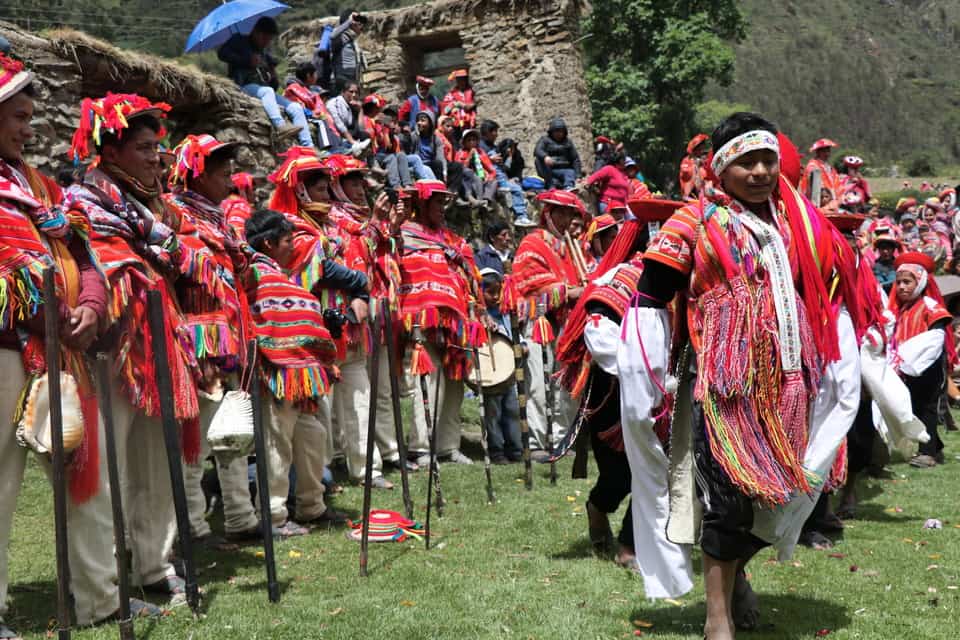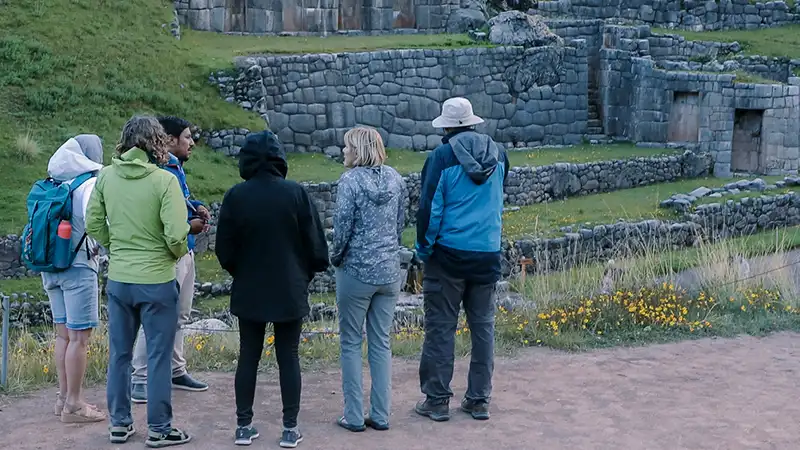Quechua, also known as Runasimi (which means "language of the people" or "people's language"), is an indigenous language family spoken by millions of people in South America, primarily in the Andean region. It was the official language of the Inca Empire, which spanned across modern-day Peru, Bolivia, Ecuador, Colombia, northwest Argentina, and northern Chile from the 13th to the 16th century.

Quechua belongs to the Quechuan language family, which comprises several regional varieties or dialects. The most widely spoken varieties include Southern Quechua (in Peru, Bolivia, and Argentina) and Central Quechua (in central and northern Peru). Quechua languages are agglutinative, meaning that they use suffixes and prefixes to modify words and express grammatical relationships.
During the Inca Empire, Quechua served as a lingua franca, enabling communication among various ethnic groups within the empire. It was used in administration, education, and religious practices. The Incas did not have a formal writing system; however, they used a system of knotted strings called quipus for record-keeping and communication.
After the Spanish conquest of the Inca Empire in the 16th century, Spanish became the dominant language in the region. Nevertheless, Quechua continued to be spoken by the indigenous population. It even served as a bridge language for Spanish priests and colonial administrators who sought to communicate with the local people.
Today, Quechua remains an essential part of the cultural identity and heritage of the Andean people. Although the number of speakers has declined over time, there has been a resurgence of interest in preserving and promoting the Quechua language. Several countries, including Peru, Bolivia, and Ecuador, have recognized Quechua as an official language alongside Spanish.
In recent years, efforts have been made to revitalize the Quechua language by introducing it into education systems, producing literature and media content in Quechua, and encouraging the younger generation to learn and appreciate their linguistic heritage.
In summary, Quechua is the language of the Incas, which continues to be spoken by millions of people in South America. Despite the challenges it has faced since the Spanish conquest, Quechua remains an essential aspect of the cultural identity of the Andean people, with ongoing efforts to preserve and promote the language for future generations.


